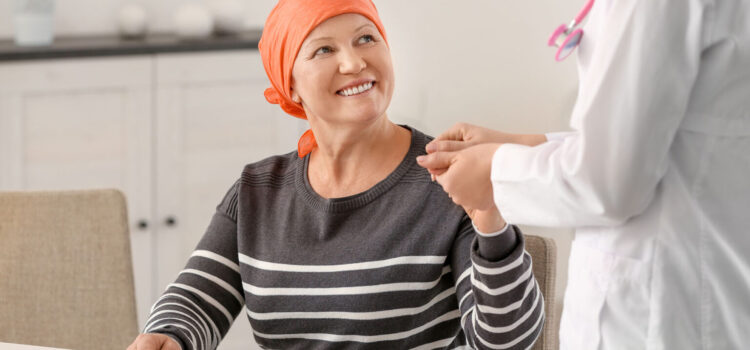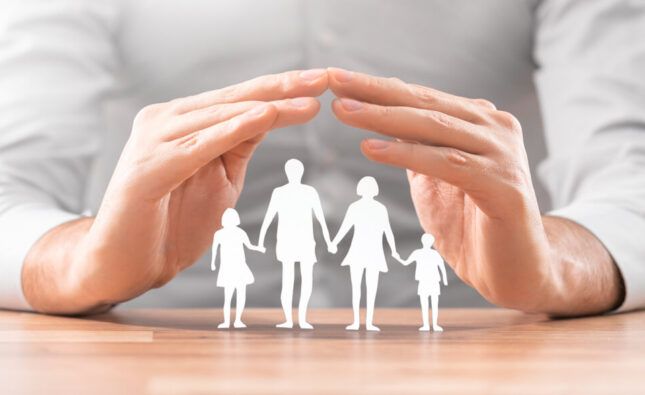
Receiving a cancer diagnosis can be overwhelming, not just for the patient but also for their family and friends. While medical treatment is a crucial part of the journey, support programs play a vital role in helping people cope with the emotional, psychological, and practical aspects of cancer. If you’re wondering how to find a cancer support program nearby, let’s discuss some options and resources that can make a significant difference in your journey.
Why Cancer Support Programs Matter
Cancer support programs provide a community where patients and their families can find emotional support, practical advice, and camaraderie. These programs are designed to help you navigate the complexities of cancer treatment and recovery, offering everything from counseling services to educational workshops. They also provide an opportunity to connect with others who understand what you’re going through.
Do you know what kind of support you’d find most helpful? Are you looking for group therapy, one-on-one counseling, or perhaps something more holistic like art therapy or yoga classes?
Types of Cancer Support Programs
There are various types of support programs available, depending on your needs and interests. Here’s a list of some common programs you might find nearby:
- Support Groups: These are gatherings of people who are going through similar experiences with cancer. Support groups can be specific to a type of cancer or open to all patients. They offer a safe space to share experiences, concerns, and tips for coping.
- Counseling Services: Many cancer support programs provide one-on-one counseling with licensed therapists or social workers. This personalized support can help you manage stress, anxiety, and other emotional challenges.
- Education and Workshops: These programs offer educational sessions on topics like nutrition during cancer treatment, managing side effects, and coping strategies. Workshops may also include hands-on activities like cooking classes or exercise sessions.
- Complementary Therapies: Some support programs focus on complementary and alternative treatments, such as acupuncture, massage therapy, aromatherapy, or meditation. These therapies can help you manage symptoms and improve your overall well-being.
- Exercise and Wellness Programs: Staying active during cancer treatment can have many benefits. Exercise programs, such as yoga or tai chi, are designed to meet the needs of cancer patients at various stages of their journey.
- Family Support Programs: Cancer affects not just the patient but also their loved ones. Family support programs offer counseling and resources for family members, helping them cope with the challenges of supporting a loved one through cancer treatment.
Which of these support programs sounds most appealing to you? Are there specific activities or resources you’d like to explore?
How to Find Cancer Support Programs Nearby
Finding a cancer support program nearby might seem daunting, but there are several resources you can use to locate programs in your area. Here are some tips to get you started:
- Ask Your Healthcare Team: Your doctors, nurses, or social workers can be a valuable source of information about local support programs. They often work with cancer support organizations and can guide you to resources that align with your needs.
- Contact Cancer Support Organizations: National organizations like the American Cancer Society, CancerCare, or the Leukemia & Lymphoma Society have local chapters that offer a wide range of support programs. Check their websites for information about programs in your area.
- Visit Local Hospitals and Cancer Centers: Many hospitals and cancer centers have support programs for patients and their families. You can find information on their websites or by visiting in person to speak with staff.
- Join Online Communities: Online cancer support communities can be a great resource for finding local programs. Websites like Cancer Support Community or PatientsLikeMe have forums where you can connect with others in your area and get recommendations.
- Use Social Media: Platforms like Facebook and Meetup often have groups dedicated to cancer support. You can search for groups in your city or region to find local resources and events.
What’s your preferred method for finding local resources? Would you feel comfortable reaching out to your healthcare team or joining an online community?
Making the Most of Cancer Support Programs
Once you’ve found a cancer support program nearby, the next step is to get involved and make the most of the resources available to you. Here are some tips for getting the most out of your experience:
- Be Open to New Experiences: Support programs offer a variety of activities, some of which might be new to you. Whether it’s meditation, art therapy, or a support group, try to be open to exploring different options.
- Participate Regularly: Consistent participation in support programs can help you build connections and gain more benefits from the resources available.
- Bring a Friend or Family Member: If you’re hesitant to attend a program alone, consider bringing a friend or family member for support. Many programs welcome companions and offer activities for them as well.
- Ask Questions and Share Your Experiences: Don’t be afraid to ask questions or share your thoughts with others. This is your support community, and your experiences can help others while enriching your own journey.
Do you feel ready to explore a cancer support program nearby? What are you hoping to gain from these programs?
Cancer support programs can be a lifeline during a challenging time, providing a sense of community and a variety of resources to help you cope with the demands of cancer treatment. Take the first step in finding a program nearby, and remember, you don’t have to face cancer alone. There are people who care and want to support you through your journey.











